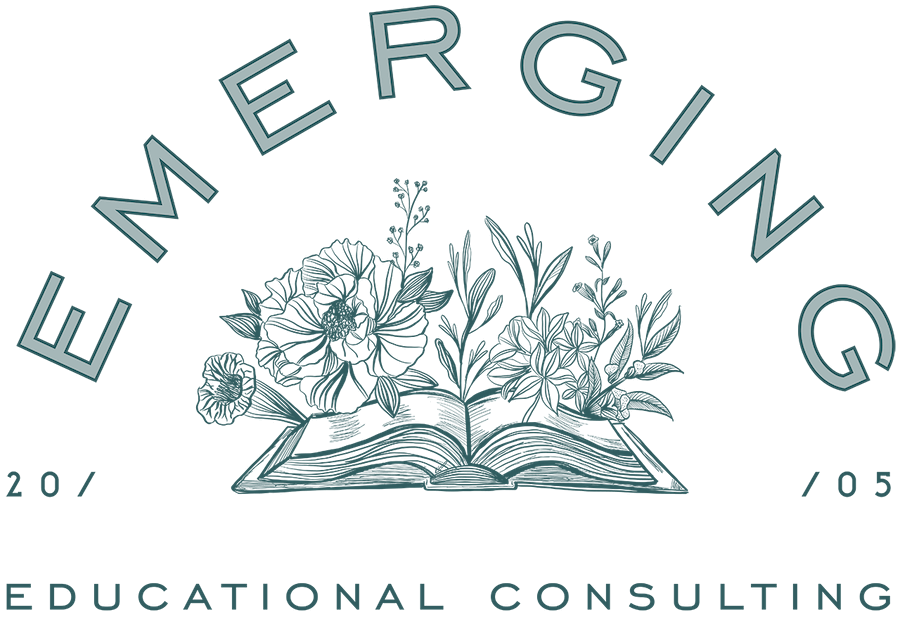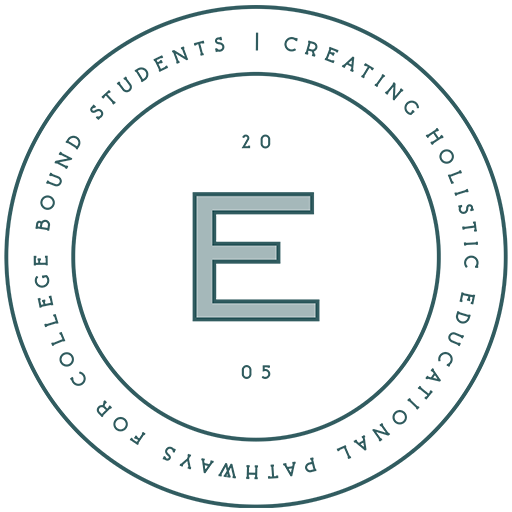As we head into admissions season for the class of 2025, it’s time to make the call: Should you apply for Early Decision (ED), Regular Decision (RD), or Early Action (EA) on your college applications?
Before we dive in, it’s important to know the difference! Each option comes with its own set of perks and challenges, and choosing the right one could make all the difference in your college journey. Let’s explore what each path offers and how you can make the best choice for your future.
Early Decision (ED): A Binding Commitment
Benefits:
- Higher Acceptance Rates: Colleges often admit a higher percentage of ED applicants, making this option appealing if you’re set on a particular school.
- Demonstrated Interest: Applying ED shows the college that you’re committed, which can work in your favor, especially at selective institutions.
- Early Notification: You’ll receive an admission decision earlier, usually by December, reducing the stress of waiting.
Challenges:
- Binding Agreement: If accepted, you’re obligated to attend, which limits your ability to compare financial aid offers from other schools.
- Limited Options: You can only apply to one school ED, which might not be ideal if you’re undecided about your top choice.
- Increased Pressure: The binding nature of ED can add pressure, especially if you’re unsure about your decision or financial situation.
Key Considerations for ED:
- Financial Aid: Ensure that you’re comfortable with the financial commitment, as you won’t be able to compare offers from multiple schools. Research the school’s financial aid policies thoroughly and use net price calculators to estimate your costs.
- School Fit: Make sure the school is truly your top choice. Visit the campus, talk to current students, and consider whether it’s the right fit academically, socially, and geographically.
- Application Readiness: Your application needs to be strong and complete by the ED deadline, typically in November. Ensure your essays, recommendations, and test scores are ready and reflect your best effort.
Regular Decision (RD): The Traditional Route
Benefits:
- Flexibility: RD allows you to apply to multiple schools and compare financial aid packages before making a decision.
- More Time: You’ll have more time to polish your application, including improving test scores, grades, and extracurricular involvement.
- Non-Binding: RD offers the flexibility to choose from any school that accepts you, without any binding commitments.
Challenges:
- Competitive Pool: RD often has the largest applicant pool, which can make it more competitive, especially at selective institutions.
- Delayed Notification: You’ll typically receive decisions in the spring, which can prolong the anxiety of waiting.
Early Action (EA): The Best of Both Worlds?
Benefits:
- Non-Binding Early Notification: Like ED, you’ll receive your decision earlier, usually by December, but without the binding commitment.
- Flexibility: You can apply EA to multiple schools and still compare financial aid offers and consider other options.
- Demonstrated Interest: Applying EA shows that you’re serious about the school, which can positively impact your application.
Challenges:
- Time Management: EA deadlines are often the same as ED, requiring you to complete applications earlier than RD.
- Limited Time for Improvements: If you need more time to strengthen your application, EA may not be the best choice.
Making the Right Choice
Deciding between ED, RD, and EA depends on your individual circumstances, including your readiness to commit, your financial situation, and how confident you are in your application. Here are a few tips to help you decide:
- Assess Your Readiness: Are your grades, test scores, and extracurriculars as strong as they can be? If not, RD might be the best choice.
- Evaluate Your Commitment: Is there one school that stands out as your absolute top choice? If so, ED could give you an edge.
- Consider Financial Factors: If you need to compare financial aid packages, RD or EA may offer more flexibility.
In the end, the best application plan is the one that aligns with your goals, readiness, and personal circumstances. By understanding the benefits and challenges of each option, you can navigate the college application process with confidence and clarity.
Laura Barr is a deeply experienced and passionate college consultant, founder of Emerging Educational Consulting, and creator of the Capstone Certification program. She is dedicated to helping families and professionals navigate the college application process with simplicity, deliberation, and joy. Want to learn more about our services? Tell us your story!




